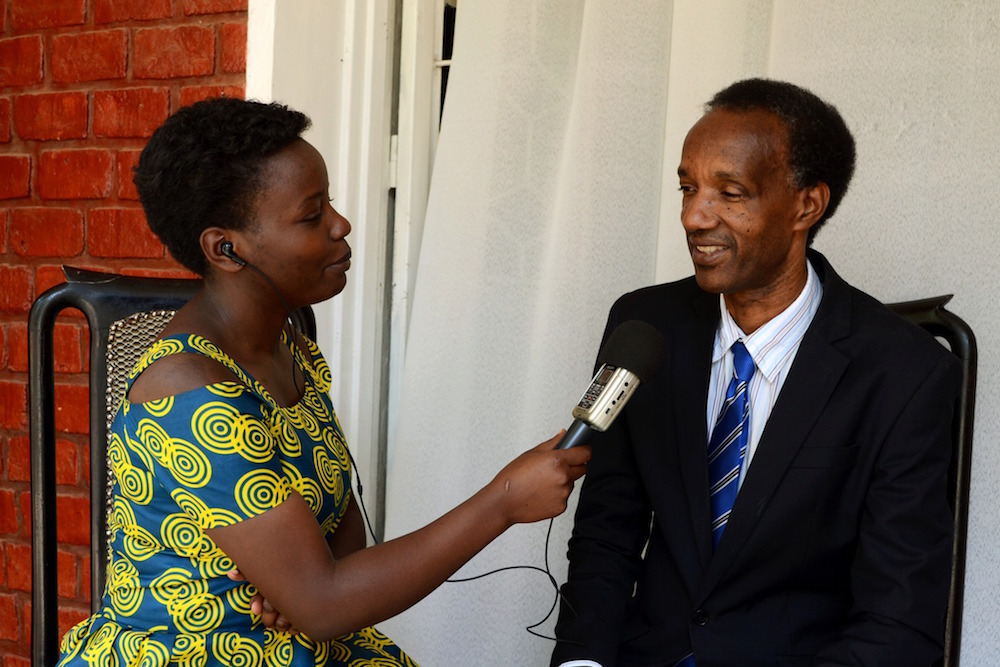Journalists in the Great Lakes Region face deep dilemmas when it comes to reporting on conflicts that are occurring in and sometimes devastating the communities they live and work in. Every day they respond to the challenges of being part of communities caught up in conflict while at the same time being part of a profession that expects fair and even-handed coverage of these conflicts.
When the people, places, issues, principles, and beliefs journalists care about are threatened by conflict, they are often called upon to make difficult and sometimes seemingly impossible choices. As conflicts develop and unfold our journalists use critical thinking to pose questions that will help our audiences, including the groups involved in the conflicts, to better understand what is taking place.

People at different levels within groups may have very different ideas about how conflicts can be resolved and they are also likely to have very different experiences of the conflict. We acknowledge that it is almost universally true that the people who suffer most during a conflict are those who originally had the least and these people have a right to be heard.
By speaking to people at different levels within groups we not only get a fuller picture of the issues and how people understand the conflict, but we can also broaden our knowledge of how people view each other, the stereotypes and misperceptions they hold, and the things that they have in common.

